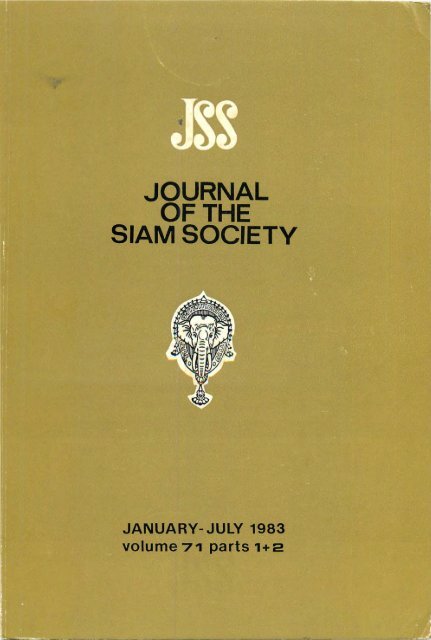Causes of World War II Part I Flip Video
Accelerated Exchanges and the World in Transition: 700s CE – 1453 CE Interactions in the Ancient and Medieval World Transitions in Medieval Europe and Asia Chapters 11-14 Medieval/Renaissance Civilizations Research Project Chapters 7-17. Levine's World History Page! Here you will find resources for both standard and honors levels of classes - including general and unit information. As we journey through each unit over the course of this year, information, documents and power points from, and relating to, class will be added here for you to use. Name Period Date AP World History – Mr. Holmes Braddock Senior High School Units 1 and 2 – Part 8 – The Mongol Empire Review Packet General Instructions: Please type your name, period, and date above. Answer the following questions by typing your. Teachers, Courses, Online Learning Platforms If you are having trouble viewing the document, you may download the document. 400 Main Street, Winthrop, MA 02152.
YouTube Video
Causes of World War II Part II Flip Video
YouTube Video
The Holocaust
YouTube Video
YouTube Video
You may think of history as a boring list of names and dates, an irrelevant record of revolutions and battles, or the meaningless stories of kings, queens, and other rulers. History is not, however, just what happens to famous and infamous people. History includes everything that happens to everyone, including you!
World history is the story of the human community – how people lived on a daily basis, how they shared ideas, how they ruled and were ruled, and how they fought. World history includes big subjects like economics, politics, and social change, but it is also the story of dreams fulfilled or unfulfilled, personal creativity, and philosophical and religious inspiration.
Click Here for the World History Syllabus
Click Here to Go to the Content Page for World History
Click on any of the following to open the Unit Content Page

Units of Study – Semester 1
Prelude – Introduction to the Study of History
Unit 1 – Early Civilizations and World Religions
Unit 2 – The Medieval Period – Europe
Unit 3 – The Medieval Period – Around the World
Unit 4 – Renaissance, Exploration, and Conquest
Unit 5 – Reformation and Revolution
Unit 6 – Absolutism, Enlightenment, and Revolutions
Units of Study – Semester 2
Unit 7 – Nationalism, Industrialism, and more Revolution
World Historymr Volkmar's Course Pages

Unit 8 – Democracy, New Imperialism, and a New Global Age
Unit 9 – The World at War
World History Mr Volkmar's Course Pages Page
Unit 10 – Cold War, Decolonization, and Regional Conflict
Unit 11 – The World Today
Course Objectives

The curriculum of World History is aligned with the Florida Standards.
Upon completion of this course, students will be able to:
- Understand and interpret events, issues, and developments within and across cultures and eras of world history
- Connect the themes and patterns of human interaction across time and cultures
- Use information and evidence of past events to find meaningful and relevant connections to the present
- Develop an appreciation for and tolerance of diverse world cultures and alternate viewpoints
- Analyze primary and secondary source documents as a method of understanding history
- Recognize that studying history contributes to the development of important social skills such as critical thinking and analysis, clear and concise verbal and written expression, and strategic reading skills
- Understand cause and effect relationships
- Develop critical thinking and writing skills
- Develop time management, organization, and study skills